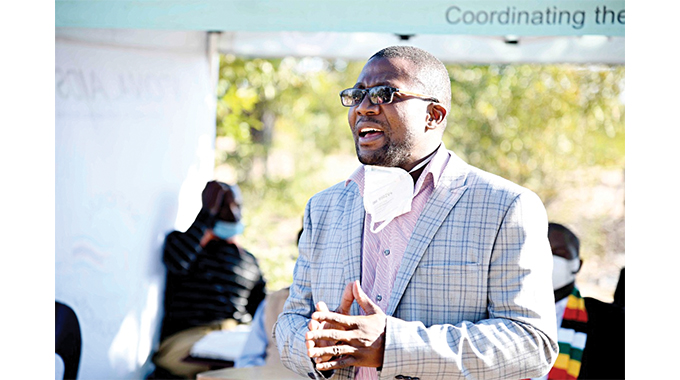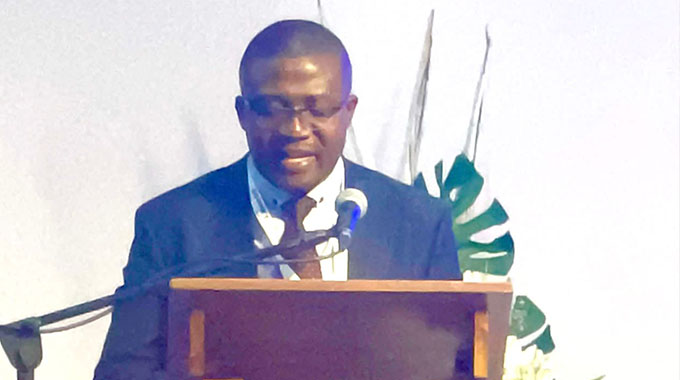Call on tourism sector to embrace energy efficiency

Leonard Ncube , Victoria Falls Reporter
PLAYERS in the tourism sector have been called to embrace energy efficiency in their operations to reduce greenhouse emissions and contribute towards the country’s vision of a green economy.
Government is working on a framework towards meeting the requirements of the Paris Agreement on climate change and promoting the integration of the Low Emission Development Strategy (LEDS) into planning.
Under this thrust, the tourism sector is key to the discussion on updating or supporting implementation of Zimbabwe’s Nationally Determined Contributions under the Paris Agreement on Climate Change (STIZ-NDC) Project.
The three-year project is now in its final year and seeks to enable the country to meet its NDC targets by delivering the low-emission development strategy as required by the Paris Agreement on climate change.
The Government, in collaboration with United Nations Development Programme (UNDP) and Russia are pushing for the greening of the tourism sector through enhanced integrated waste management, renewable energy and efficiency, refrigeration and air conditioning.
Officially opening the two-day national dialogue on eco-tourism and renewable energy conference here yesterday, Environment, Climate, Tourism and Hospitality Industry Minister, Nqobizitha Mangaliso Ndlovu, said the country was committed to reducing its carbon footprint across all economic sectors.
“There is widespread energy and water use inefficiency leading to higher demands for energy, which is coming largely from fossil sources, which emit greenhouse gas in the process of energy generation,” he said.
“The tourism sector cannot be left behind as the nation strives to achieve its long-term goal of being a low carbon and climate resilient nation as well as achieving the vision 2030.”
Minister Ndlovu said emissions in the energy sector were expected to increase significantly over the coming decades rising to around 26.5 and 37.5 metric tonnes of carbon dioxide in 2030 and 2050 respectively.
Emissions from the transportation sector are also forecasted to rise significantly as demand for vehicles and transport services increase with economic growth, particularly for passenger cars widely used in the tourism sector.
“Other sub sectors are expected to see a steady increase in activity and associated emissions, assuming robust economic growth, industrial output, and rising standards of living over the medium and long term.
“It is, therefore, important to stress at this point that the ecological footprint of the tourism sector is to a large degree interlinked to the energy sector, transportation included due to the arrival of tourists from various destinations producing significant emissions and consuming services that are energy demanding,” said Minister Ndlovu.
He noted how recent changes in climate have been attributed to human activities such as massive burning of fossil fuels such as coal, oil and gas since the industrial revolution especially by developed countries.
He, however, commended the tourism sector especially in Victoria Falls for making progress in embracing renewable energy particularly in new projects that are based mainly on sustainable utilization of natural resources.
Minister Ndlovu said while Zimbabwe has remained a low greenhouse gas emitter contributing less than 0.05 percent global emissions, the country needs long-term strategies to guide the transition towards green and climate resilient economies.
Use of old and antiquated equipment in various sectors of economy including the tourism sector results in low energy efficiency levels causing unnecessary energy losses in terms of both electricity and fuel, hence the need for management and energy efficiency measures, he said. — @ncubeleon











Comments